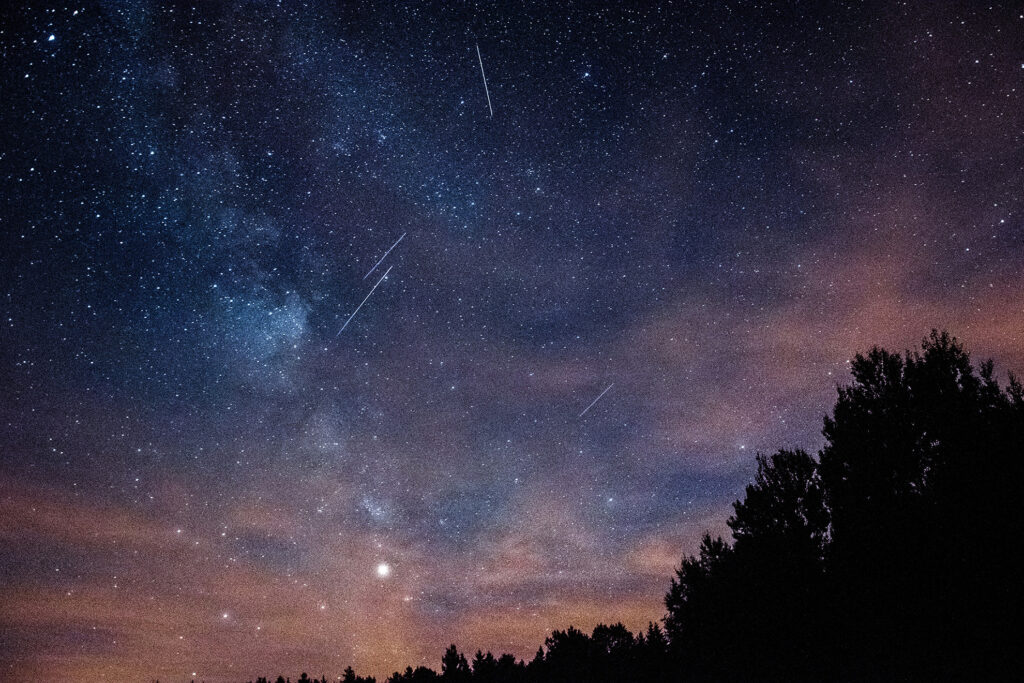We do missions with mostly one side of our brains. And we don’t even know it.
Let me explain.
There are two hemispheres, or sides, to the brain, each of which manages certain functions in the body. The left brain is more analytical and orderly than the right brain. It’s better at things like reading, writing, logic, facts. Think black and white.
The right brain is more creative and disorderly. It helps us with things like imagination, emotion, art, and dreams. Think colorful.
By God’s creative design, both sides of the brain are meant to be integrated and complement one another. The reality is, however, that one side tends to develop a stronger network than the other, kind of like being left-handed or right-handed.
Christian author Curt Thompson has taken that reality a step farther and talks about how entire groups and even cultures can become dominant in one side or the other. In fact, he says that “the past 400-500 years our culture has been dominated by a left-brain way of being in the world”—that is, “viewing the world primarily as a problem to be solved instead of beauty to be created.”
This then shapes our missiology. Without us realizing it, our primary way of being on mission in the world isn’t marked by the curiosity of joining God in what he’s doing, but by the anxiety of doing it for him.
Thus, our starting line for missions fixates on a problem. But Genesis 3 isn’t the beginning of our story.
The Gospel for All Creation Explained
The starting line of the gospel is not sinful humanity but a good Creator.
God didn’t simply create a man and a woman for a garden paradise. God sent Adam and Eve into Eden with a mission: “Join me in filling the earth with my love and glory and rule. Be fruitful and multiply.” That’s a whole-person, whole-world vision of flourishing that would only be possible through God’s ever-growing global family.
There was no anxiety, no micromanagement. Alongside the responsibility to be fruitful and multiply, God offered the freedom to be curious and explore and discover fruitfulness. This is what we call the Great Mandate.
As sin became our greatest problem, God’s solution arrived in the most beautiful way possible: the life, death, and resurrection of Jesus Christ. Our reentry into his mission is then most clearly connected to the Great Mandate in Mark’s version of the Great Commission: “Go into all the world and proclaim the gospel to the whole creation” (Mark 16:15, emphasis added).
Paul picks up on this later when he writes, “Of this you have heard before in the word of the truth, the gospel, which has come to you, as indeed in the whole world it is bearing fruit and increasing” (Colossians 1:5-6, emphasis added). Yes, a problem is being solved, but also something beautiful is being created. That’s whole-brain missiology.
The Gospel for All Creation Celebrated
To see God’s mission in this way makes room for both sorrow and joy. Yes, we are rightly troubled for a lost humanity and a creation in bondage. But our starting point is celebration. A global party is happening. And we get to be part of it.
Consider this:
- In the last 30 years, and especially the last 10, more Muslims are turning to Christ than at any other time in human history.
- Christianity is growing the most rapidly in Africa. Statistically, it is now the most Christian continent in the world (670 million).
- By 2050, most Christians (50.4 percent) around the world will live in non-majority Christian nations.
Is there a problem of more people to be reached? Absolutely! Do we have a responsibility based on the commands of Christ to extend the gospel at all times and in all places? Certainly! But this also means that God is inviting us into something beautiful; he’s offering us the pure freedom to be curious and explore and discover fruitfulness, alongside his ever-growing global family.
This is the starting line to which Jesus aims to restore us: “I chose you and appointed you that you should go and bear fruit,” “that my joy may be in you, and that your joy may be full” (John 15:16, 11).
The Gospel for All Creation Applied
We are driven by problem solving. But we are compelled by beauty. So how can we be whole-brain participants in God’s mission? Here are three considerations:
1) Be aware of your left-brain dominant world.
When you get into the mode of seeing everything as a problem to be solved instead of beauty to be created, and all the anxiety that comes with it, remind yourself that you’re embracing more gospel responsibility than gospel freedom. Interestingly, research shows that the number one means of helping your mind reintegrate is through encounters with nature. How ironic? Engage with God’s creation. And how much more so can you receive from this as a follower of Jesus?
2) Be delighted in your ever-growing global family.
Multiply your gospel joy by thinking beyond the confines of one little ethnic kingdom. Invite yourself to the party! Instead of being indifferent, rejoice when you hear of God’s movement among Africans and Asians and Latinos and befriend them when they walk into your midst. Or better, walk into their midst!
3) Be curious about your fruitfulness as a sent one.
I know not everyone is called to be a missionary or to make missions to their one consuming passion. But if God is a sending God, then you are a “sent one,” in a whole-life, whole-world sort of way. So explore and discover and learn your unique fruitfulness. Hear Jesus saying, “Peace be with you. As the Father has sent me, even so I am sending you” on his mission in your home, in your neighborhood, in your classroom, and in your workplace.
Go into all creation and create something beautiful to God’s glory.
Editor’s Note: This article was originally published on Bradley Bell’s personal website on February 12, 2024. Used with permission.





